Dog: History, Breeds, Health, Training, & Facts

Dogs have been man’s best friend for thousands of years, offering companionship, loyalty, and endless love. Whether you’re a seasoned pet owner or thinking about bringing a furry friend home, understanding the ins and outs of dog care is essential. In this guide, we’ll cover everything from choosing the right breed to providing proper care and training to ensure your dog leads a healthy, happy life.
History of Dogs
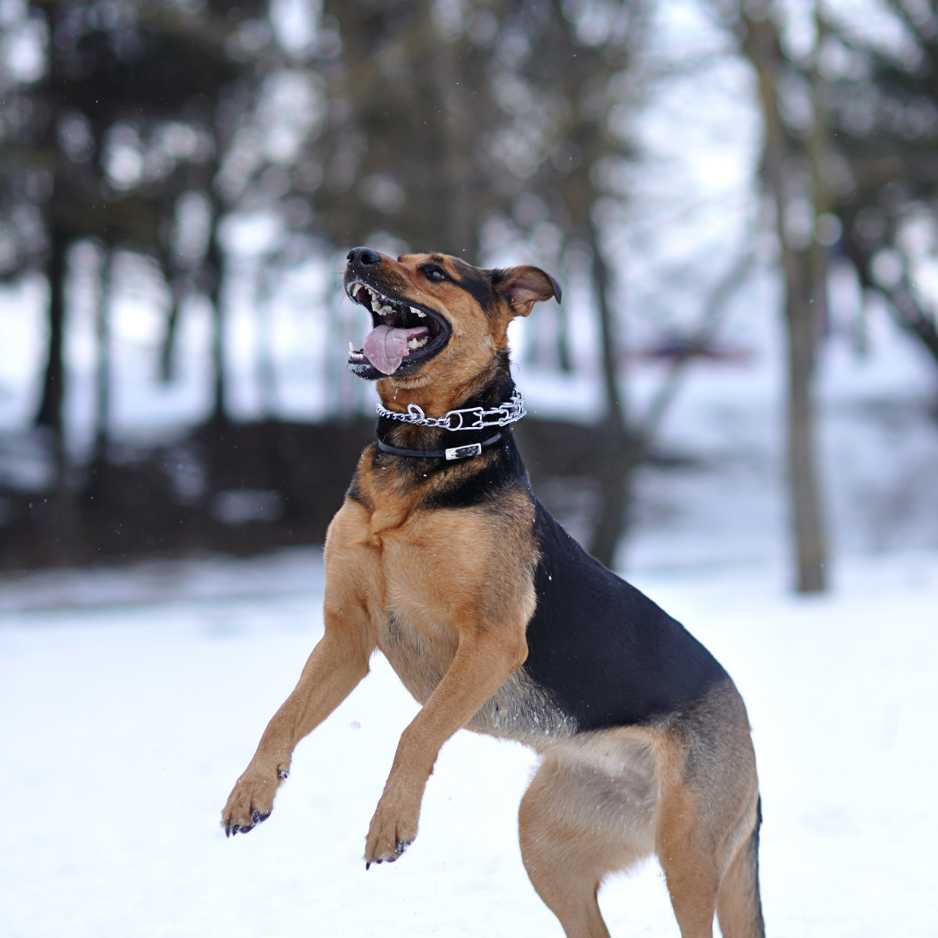
Dogs are believed to be the first animals domesticated by humans, with evidence suggesting this relationship began over 15,000 years ago. Early humans likely tamed wolves, which evolved into the modern domestic dog. These early dogs helped humans hunt, protect their homes, and provide companionship.
Over centuries, selective breeding resulted in the vast variety of breeds we see today. Dogs have played significant roles in human history, from herding livestock to serving in warfare. Whether in ancient Egypt, where they were revered, or in modern times as beloved pets, dogs have remained an integral part of human life.
Physical Traits of Dogs
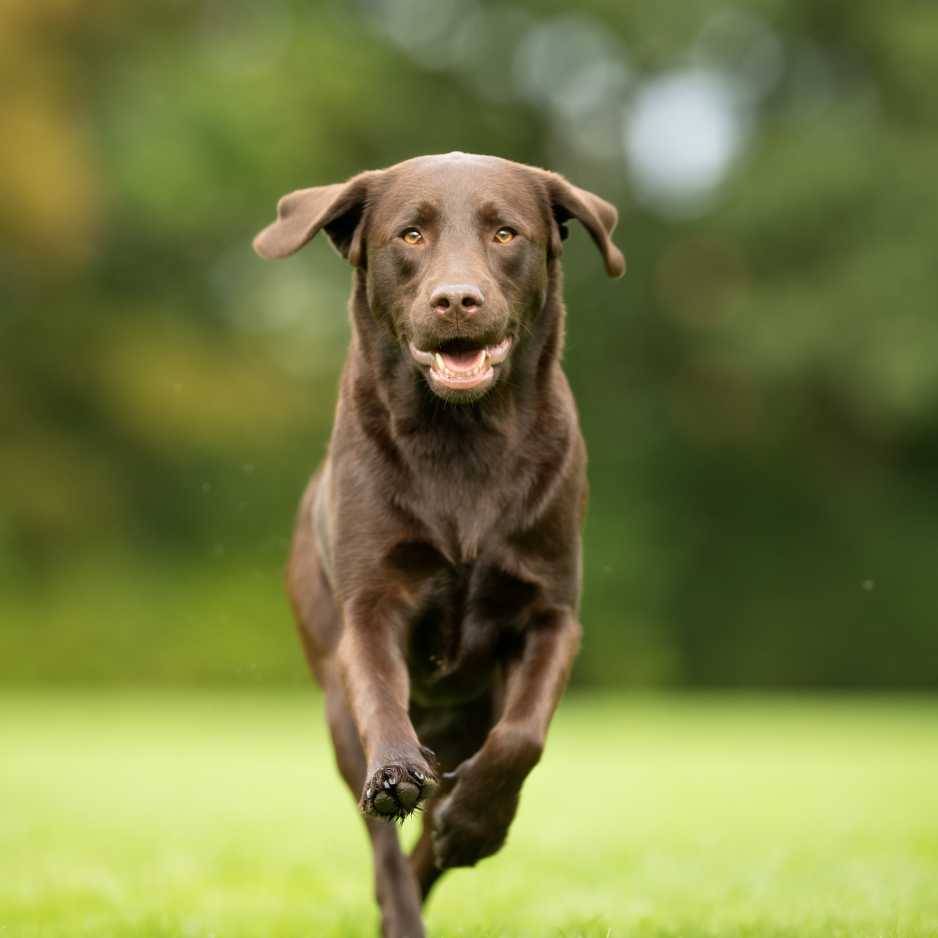
Dogs come in various sizes, shapes, and colors, making them one of the most diverse species on the planet. Here are some key physical traits of dogs:
- Size: Dogs range from tiny teacup Chihuahuas to massive Great Danes. Their sizes often reflect their breed’s original purpose, such as hunting, herding, or guarding.
- Coat Types: Some dogs have short, sleek coats like Beagles, while others have long, flowing coats like Afghan Hounds. The type of coat a dog has often determines how much grooming is required.
- Ears: Dogs’ ears come in various shapes and sizes, from the floppy ears of Basset Hounds to the upright, pointed ears of German Shepherds.
- Tail Shapes: Tail types vary greatly; some dogs, like Huskies, have bushy tails that curl over their backs, while others, like Greyhounds, have thin, straight tails.
These physical traits often serve specific functions. For example, webbed feet in Labrador Retrievers help them swim, while the thick double coat of Huskies keeps them warm in cold climates.
Popular Dog Breeds and Their Unique Traits
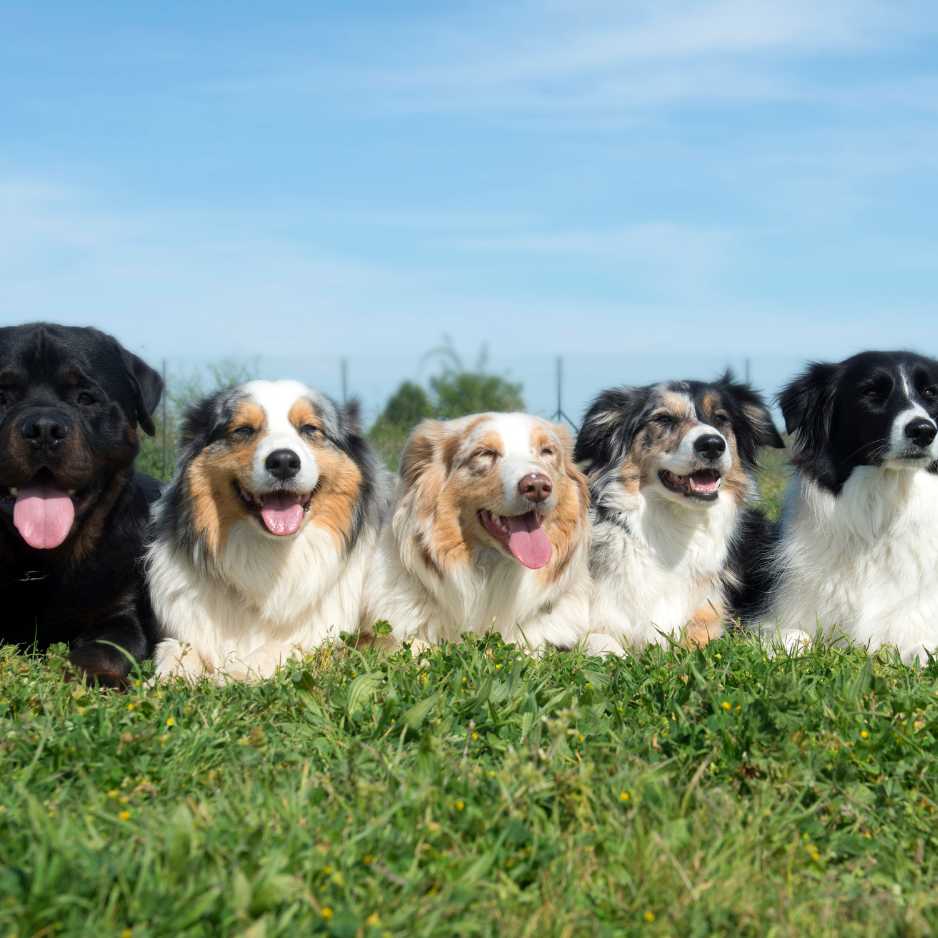
There are hundreds of dog breeds, each with unique characteristics. Choosing the right breed is crucial for ensuring your dog’s personality matches your lifestyle. Below are some popular dog breeds:
Small Dog Breeds

(Perfect for apartments and small living spaces)
- Chihuahua: Known for their big personalities and small size, Chihuahuas are perfect for apartment living.
- Pug: Playful and affectionate, with a unique appearance and loyal nature.
- Dachshund: Fearless and energetic, they make excellent companions for families.
- Shih Tzu: These fluffy dogs are friendly, outgoing, and love attention.
- Yorkshire Terrier: Energetic and confident, Yorkies are ideal for city dwellers.
- Pomeranian: With their fluffy coat and lively nature, Pomeranians are great for those seeking an active, small dog.
- Maltese: These affectionate, gentle dogs are known for their long, silky coat.
- Bichon Frise: Cheerful and playful, they’re great for families and allergy sufferers due to their hypoallergenic coat.
- Papillon: Named for their butterfly-like ears, Papillons are intelligent and easy to train.
- French Bulldog: Compact, adaptable, and affectionate, French Bulldogs are excellent companions for small spaces.
Medium Dog Breeds
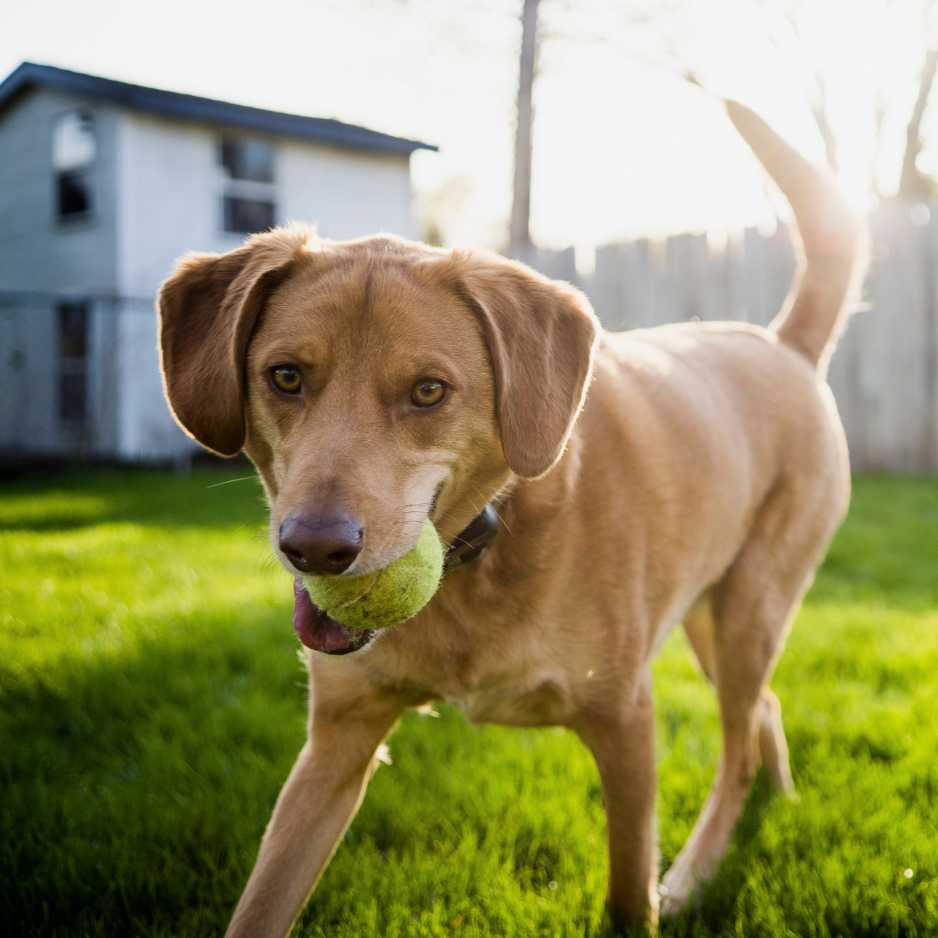
(Balanced size for families with moderate space)
- Beagle: Friendly, curious, and great with children, Beagles are perfect family pets.
- Bulldog: Easygoing and relaxed, Bulldogs make great companions for both families and singles.
- Cocker Spaniel: Affectionate and good with children, Cocker Spaniels thrive in family environments.
- Border Collie: Known for their intelligence and work ethic, they excel in activities like agility and herding.
- Australian Shepherd: Energetic and smart, these dogs are perfect for active families or those with a large yard.
- Shetland Sheepdog: Playful, smart, and easy to train, these herding dogs are great for active households.
- Basset Hound: With their long ears and calm nature, Basset Hounds are great companions for a laid-back family.
- Whippet: These sleek, fast dogs are gentle and calm indoors, making them good for homes with space to run.
- Shiba Inu: Independent and bold, Shiba Inus are clean dogs that adapt well to apartment life but need training.
- English Springer Spaniel: Energetic, affectionate, and great with children, these dogs love the outdoors.
Large Dog Breeds
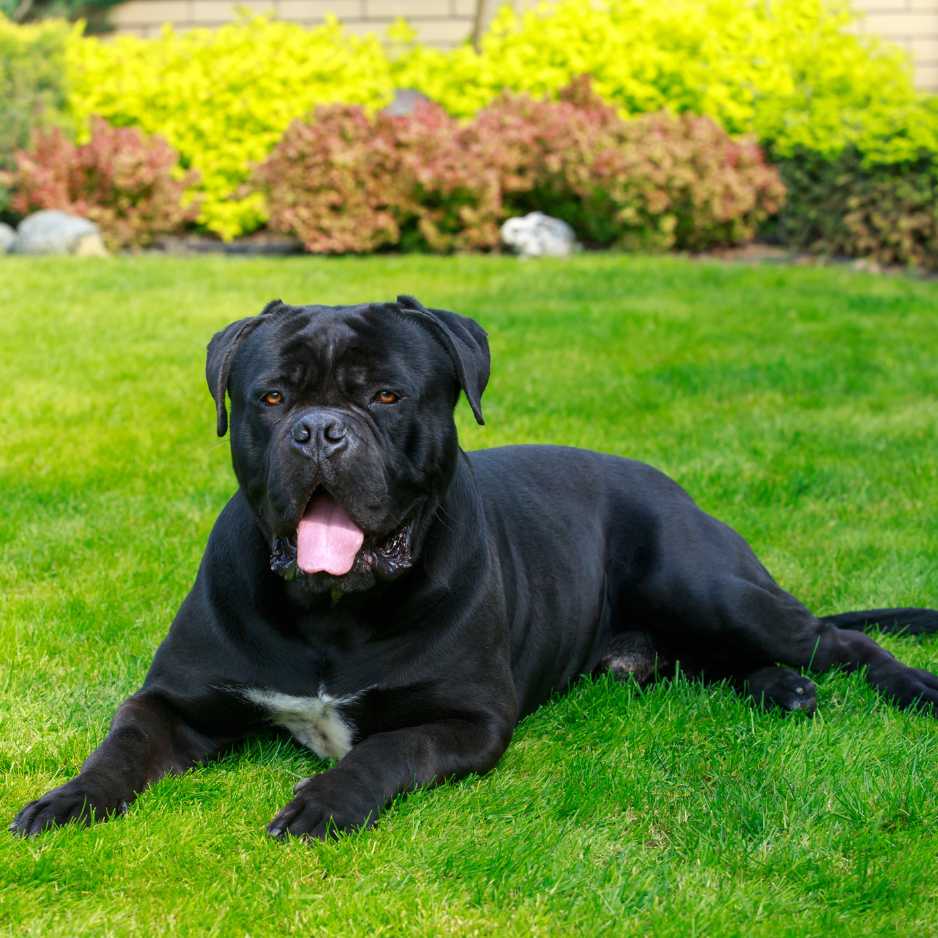
(Best for homes with more space and active families)
- Golden Retriever: One of the most popular breeds, Golden Retrievers are loyal, intelligent, and excellent with kids.
- German Shepherd: Protective and highly trainable, they’re often used in police work but are also great pets.
- Labrador Retriever: Friendly and outgoing, Labs are known for their great temperament and love for activity.
- Bernese Mountain Dog: Gentle giants, Bernese are great with children and love family life.
- Rottweiler: Confident and loyal, Rottweilers are excellent guard dogs and affectionate family members.
- Great Dane: Known for their massive size and gentle nature, Great Danes are often referred to as “gentle giants.”
- Doberman Pinscher: Intelligent and protective, Dobermans are loyal family dogs with a strong work ethic.
- Boxer: Playful, loyal, and great with kids, Boxers are energetic dogs that need regular exercise.
- Siberian Husky: Known for their striking eyes and stamina, Huskies are best for active families.
- Mastiff: Massive but gentle, Mastiffs are known for their calm, protective nature and love for their family.
Choosing the right dog breed depends on factors like your home size, lifestyle, and activity levels. This expanded list gives a broader variety of breeds to match different living situations and preferences.
Dog Health and Nutrition
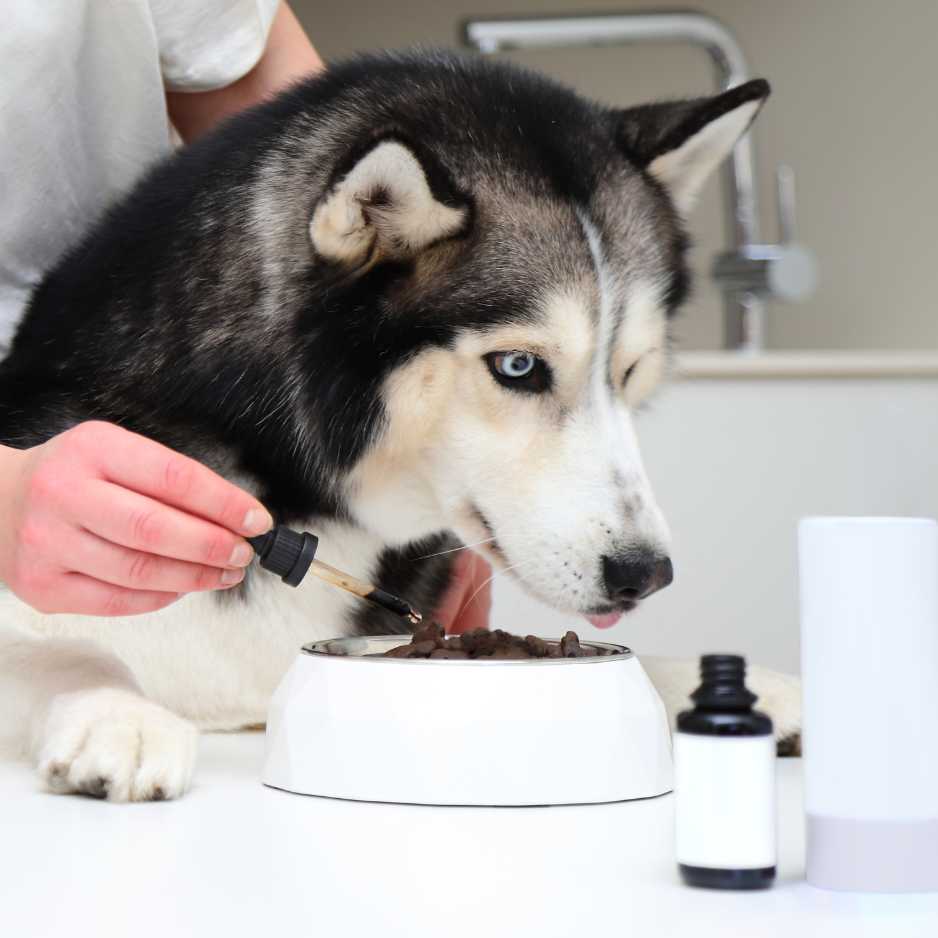
A balanced diet is essential for your dog’s health. Here’s what to keep in mind:
Nutritional Needs by Age
- Puppies: Puppies need high-protein diets to support their rapid growth.
- Adult Dogs: A balanced diet with the right mix of protein, fat, and carbohydrates is crucial.
- Senior Dogs: Older dogs often require special diets with lower calories and joint-supporting supplements.
Common Health Issues in Dogs
- Joint Problems: Breeds like German Shepherds and Labradors are prone to hip dysplasia.
- Dental Health: Poor dental hygiene can lead to gum disease. Regular brushing and dental chews are essential.
- Allergies: Many dogs suffer from food allergies or skin conditions. Consult your vet if you notice signs like itching or gastrointestinal issues.
Toxic Foods for Dogs

Some foods that are safe for humans are dangerous for dogs. These include:
- Chocolate
- Grapes and raisins
- Onions and garlic
Providing the best dog food and being mindful of your dog’s unique needs will help ensure a long and healthy life.
Dog Grooming and Hygiene
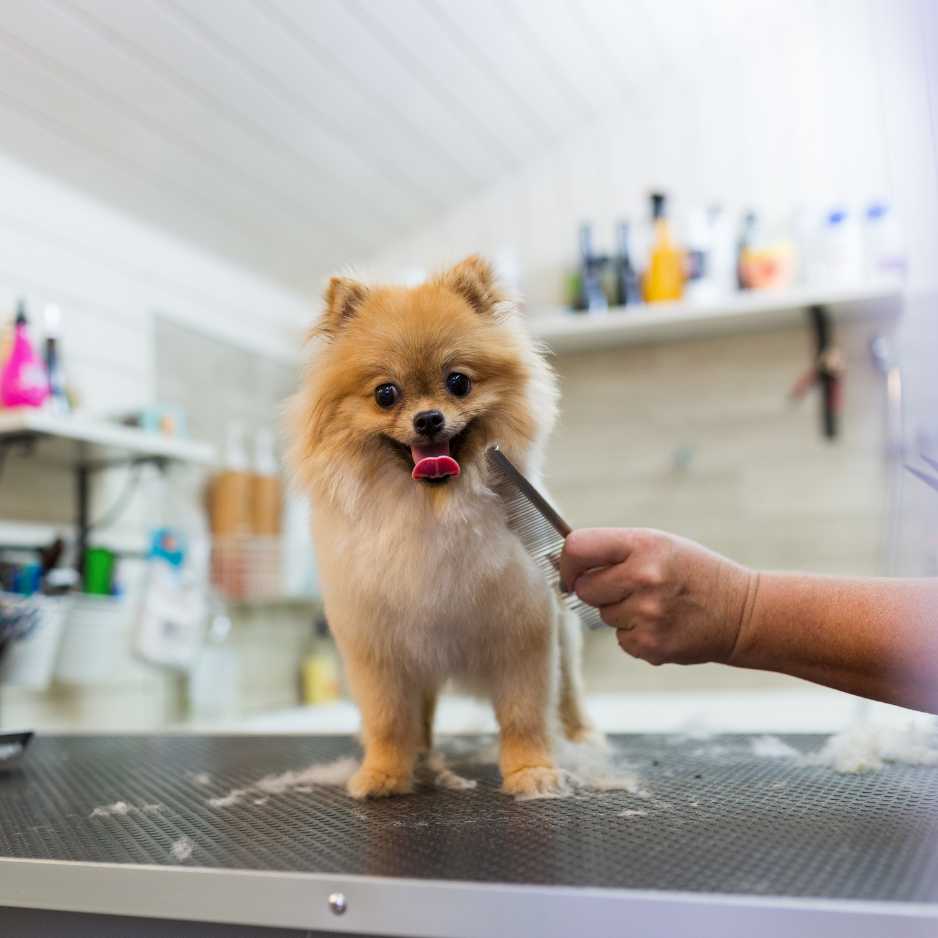
Grooming is more than just keeping your dog looking good—it’s essential for their health and hygiene.
Coat Care
- Short-haired dogs like Beagles need weekly brushing to remove dead hair.
- Long-haired dogs like Golden Retrievers should be brushed daily to prevent matting.
Bathing and Nail Trimming
- Dogs should be bathed once a month, though this varies by breed and lifestyle.
- Trim your dog’s nails every 3-4 weeks to prevent overgrowth.
Dental Care and Ear Cleaning
- Brush your dog’s teeth at least 2-3 times a week using dog-safe toothpaste.
- Clean your dog’s ears regularly to avoid infections, especially for breeds prone to ear problems like Cocker Spaniels.
Investing in dog grooming tools and establishing a routine ensures your pet stays clean and healthy.
Dog Training and Behavior
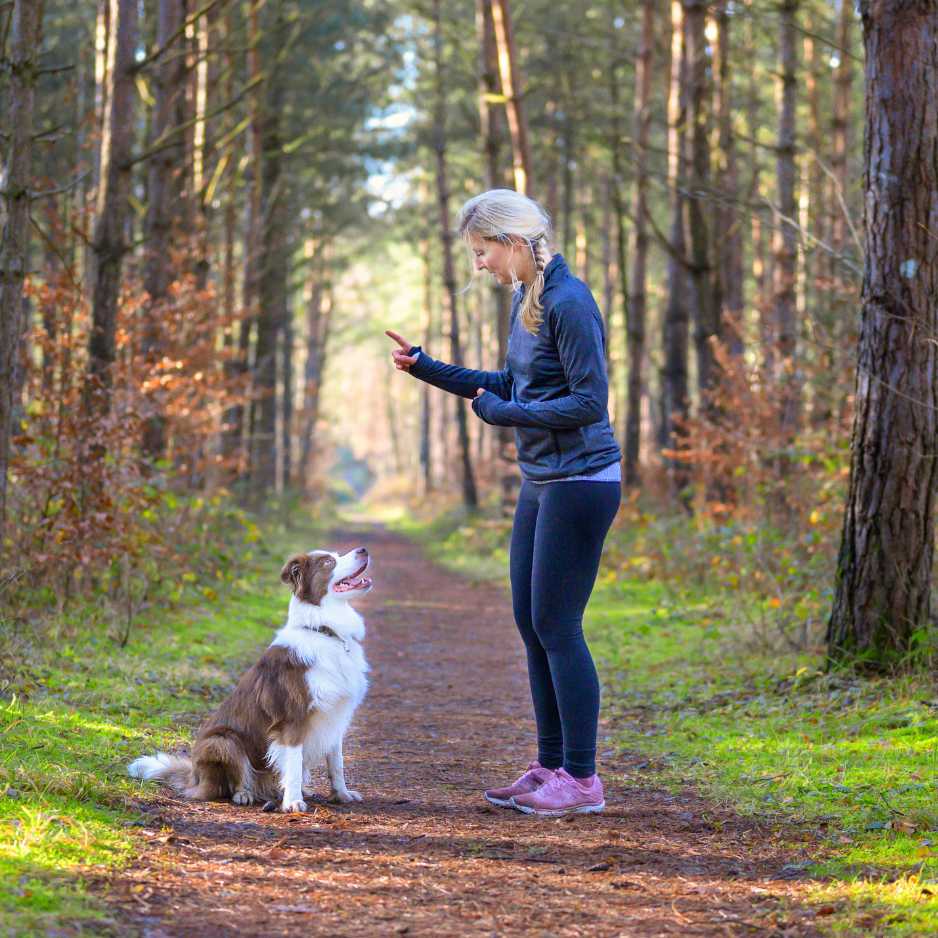
Training is a crucial part of dog ownership and helps build a strong bond between you and your pet.
Basic Obedience Training
Teaching commands like “sit,” “stay,” and “come” helps your dog understand your expectations. Training should be consistent, with positive reinforcement like treats and praise.
Leash Training
Start leash training early to avoid pulling behaviors. Use a well-fitting harness, and reward your dog for walking beside you.
Common Behavioral Issues
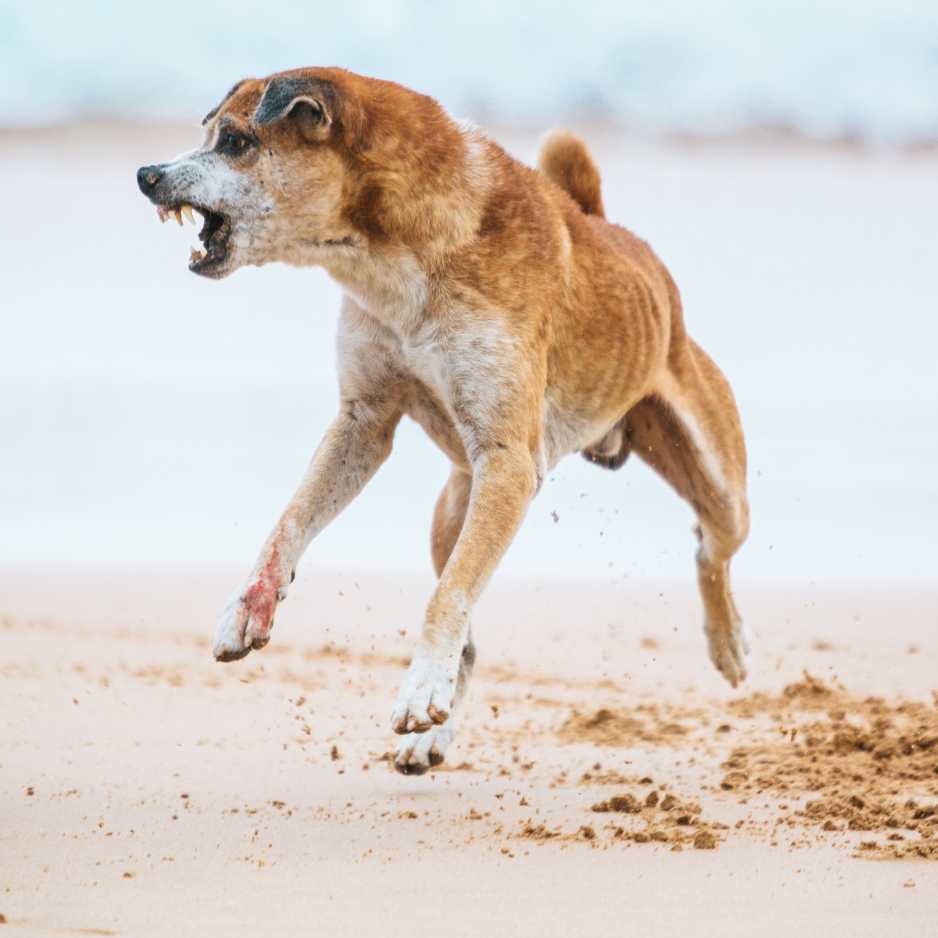
- Excessive Barking: This can be a sign of boredom or anxiety. Engage your dog with toys and exercise to reduce barking.
- Separation Anxiety: Dogs with separation anxiety may become destructive when left alone. Crate training and gradually increasing the time apart can help.
- Chewing: Provide chew toys to redirect your dog’s natural chewing instinct.
A well-trained dog is not only happier but easier to manage, making dog training a must for every pet owner.
Exercise and Mental Stimulation
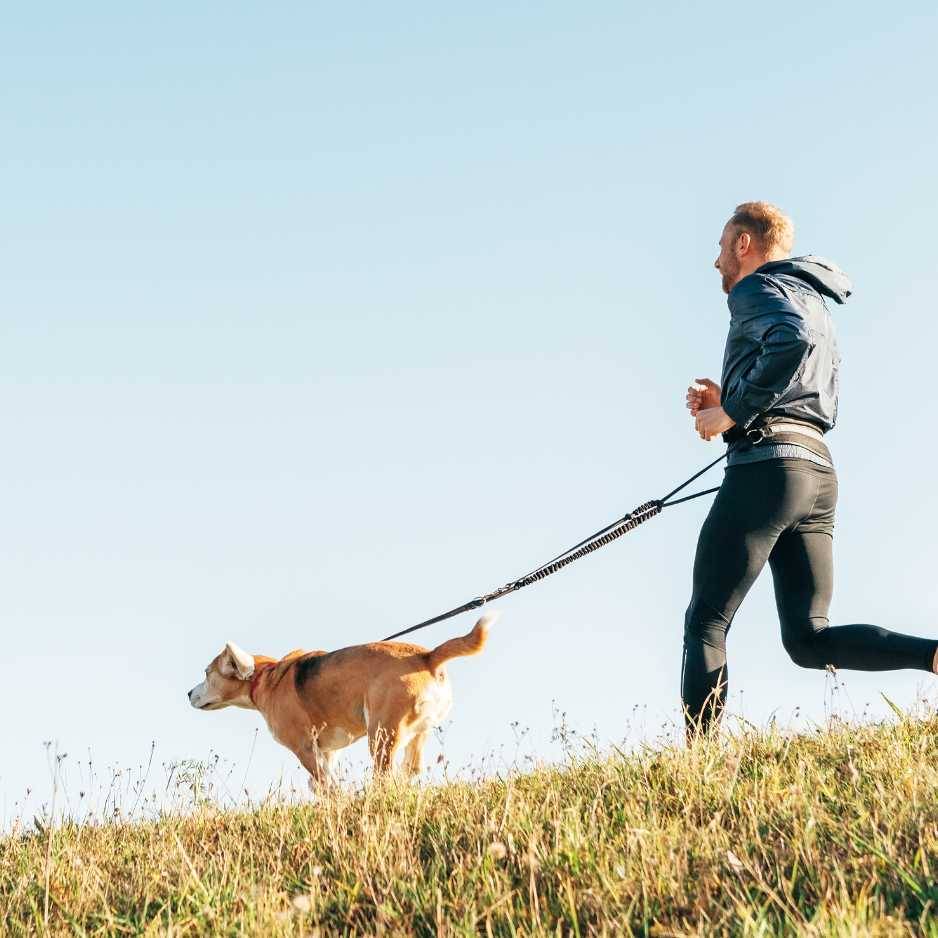
Dogs need regular exercise to stay healthy and happy.
Physical Exercise
- Small dogs: Breeds like Chihuahuas require short, regular walks.
- Large dogs: Breeds like Labradors need at least an hour of vigorous exercise each day.
Mental Stimulation
Interactive toys, like puzzle feeders, keep your dog mentally engaged and prevent boredom. Teaching new tricks or commands also stimulates your dog’s brain.
Signs your dog isn’t getting enough exercise include destructive behaviors, weight gain, and excessive barking. Keeping your dog active is essential for their overall well-being.
Adopting vs. Buying a Dog
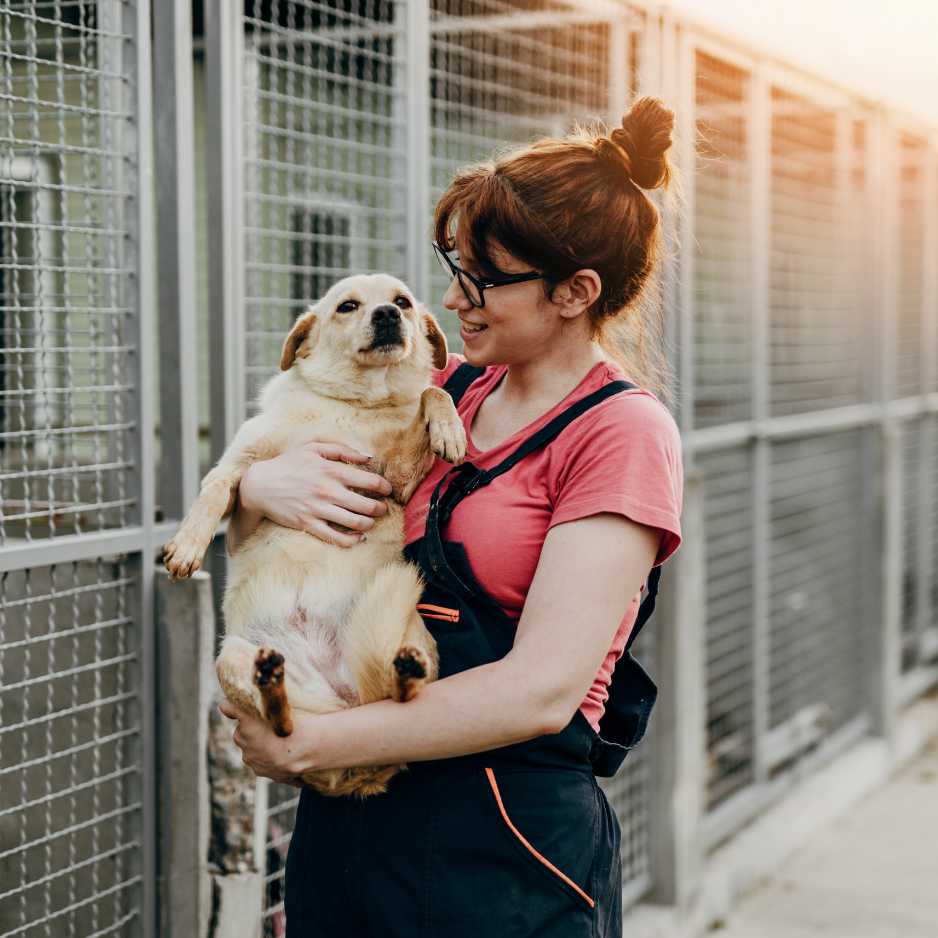
Deciding between adopting and buying a dog is a significant choice.
Adopting a Dog
Adopting from a shelter saves lives and gives a homeless pet a second chance. Shelters often have a variety of breeds, including puppies and adult dogs, allowing you to choose the perfect fit.
Buying from a Breeder
If you’re looking for a specific breed, buying from a reputable breeder ensures you’re getting a healthy dog. Make sure to do your research to avoid puppy mills, which often have poor living conditions.
Interesting Facts About Dogs
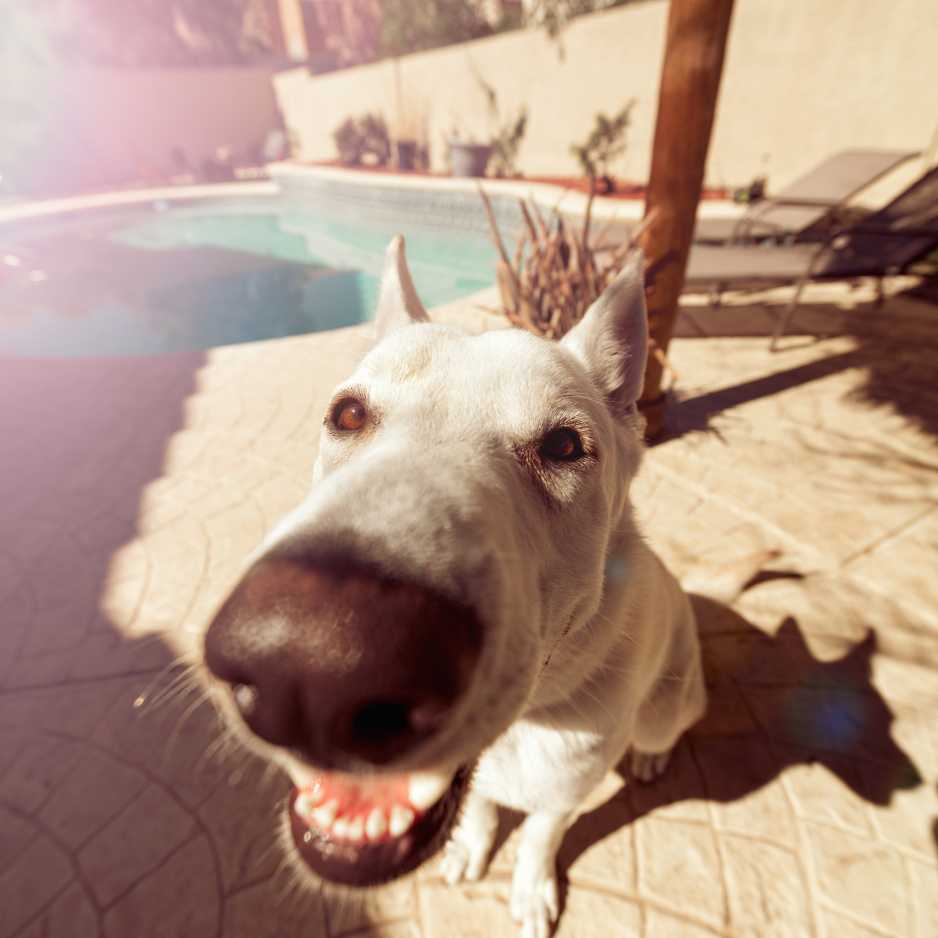
Here are some fascinating facts about dogs:
- Dogs Have a Superior Sense of Smell: Dogs can detect scents up to 100,000 times better than humans, making them excellent in roles like search-and-rescue or bomb detection.
- They Can Understand Human Emotions: Dogs are known to read human facial expressions and body language, helping them respond to our emotions and comfort us.
- The Basenji Doesn’t Bark: Known as the “barkless dog,” the Basenji makes unique yodel-like sounds instead of barking.
- Dogs Dream: Just like humans, dogs go through REM sleep, and they can dream. Ever noticed your dog twitching in their sleep? They might be dreaming of chasing squirrels!
- Puppies Are Born Deaf and Blind: At birth, puppies can neither see nor hear. Their senses develop over the first few weeks of life.
- Oldest Dog Breed: The Saluki is considered one of the oldest known dog breeds, dating back to ancient Egypt around 2100 B.C.
Dogs continue to amaze us with their abilities and loyal nature, making them an irreplaceable part of human history and culture.
Conclusion
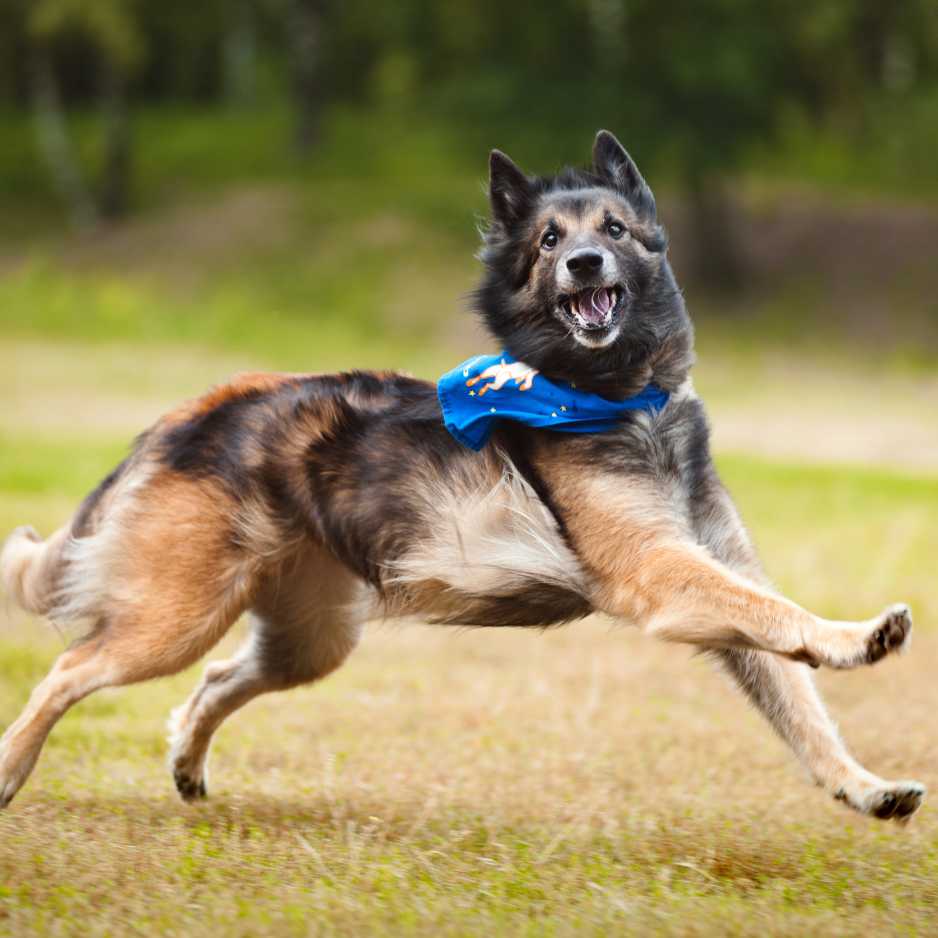
Owning a dog is a rewarding experience that brings joy, companionship, and unconditional love into your life. By choosing the right breed, and providing proper nutrition, grooming, and training, you ensure that your dog leads a happy and healthy life. Whether you’re adopting or buying, remember that dogs depend on us for care, love, and guidance.
Dogs enrich our lives in countless ways, and by being informed and responsible, we can give them the happy, fulfilling lives they deserve.







































